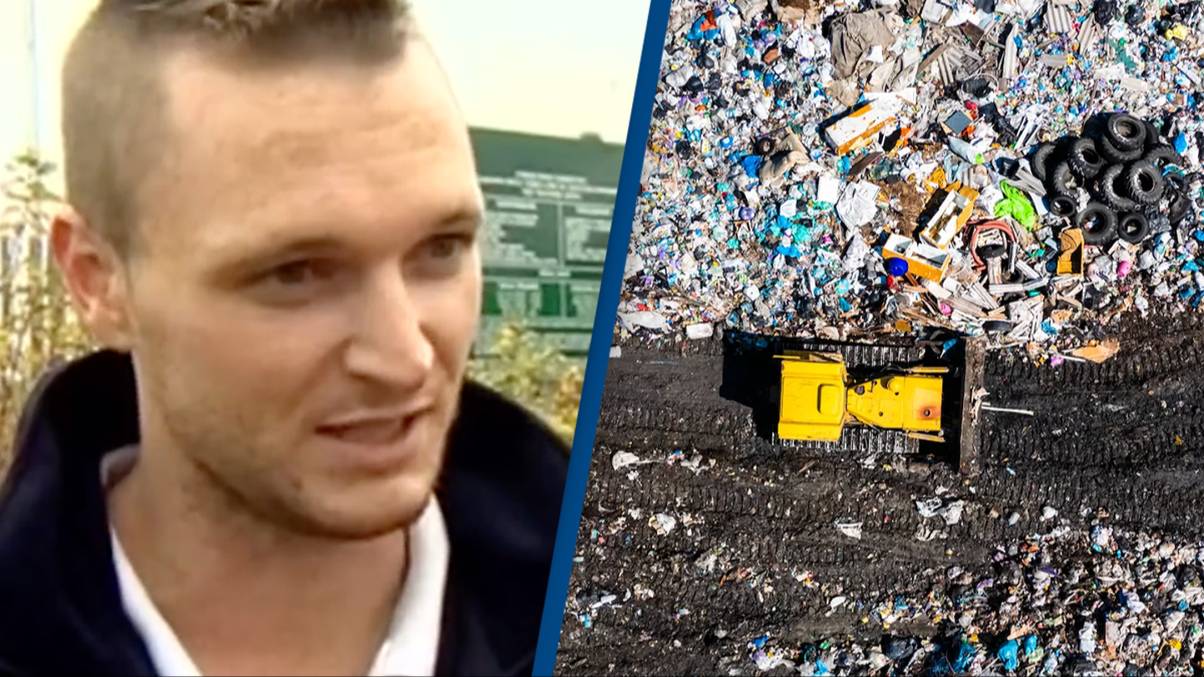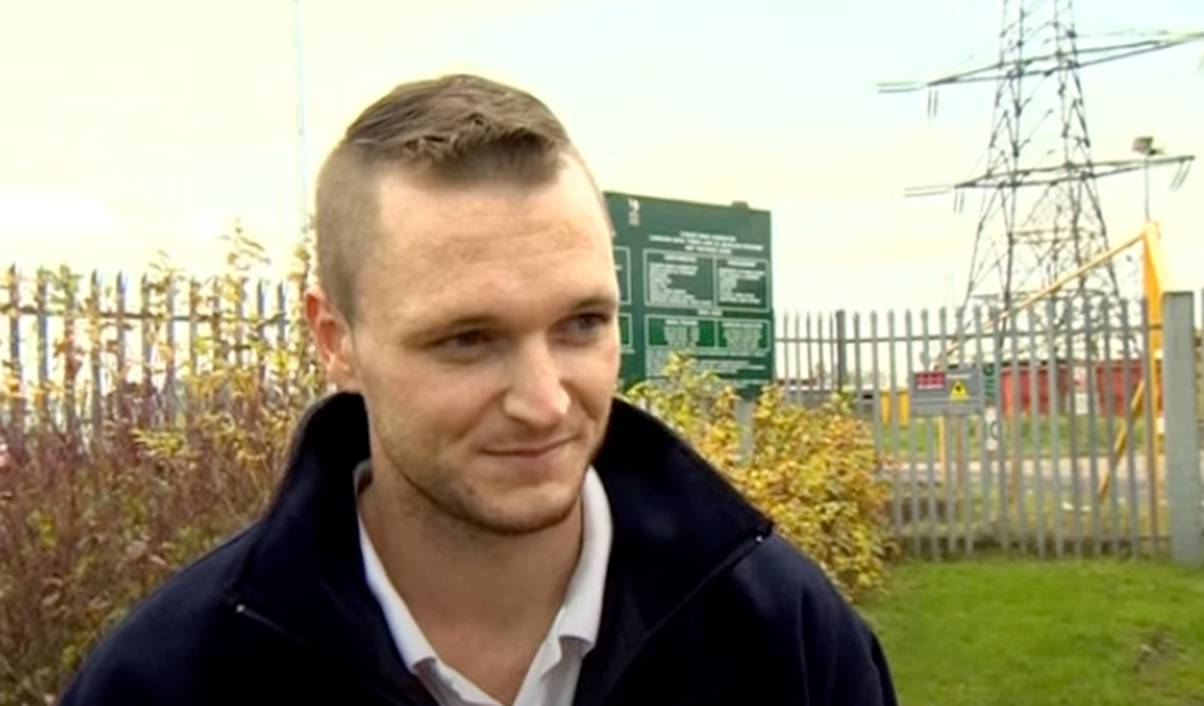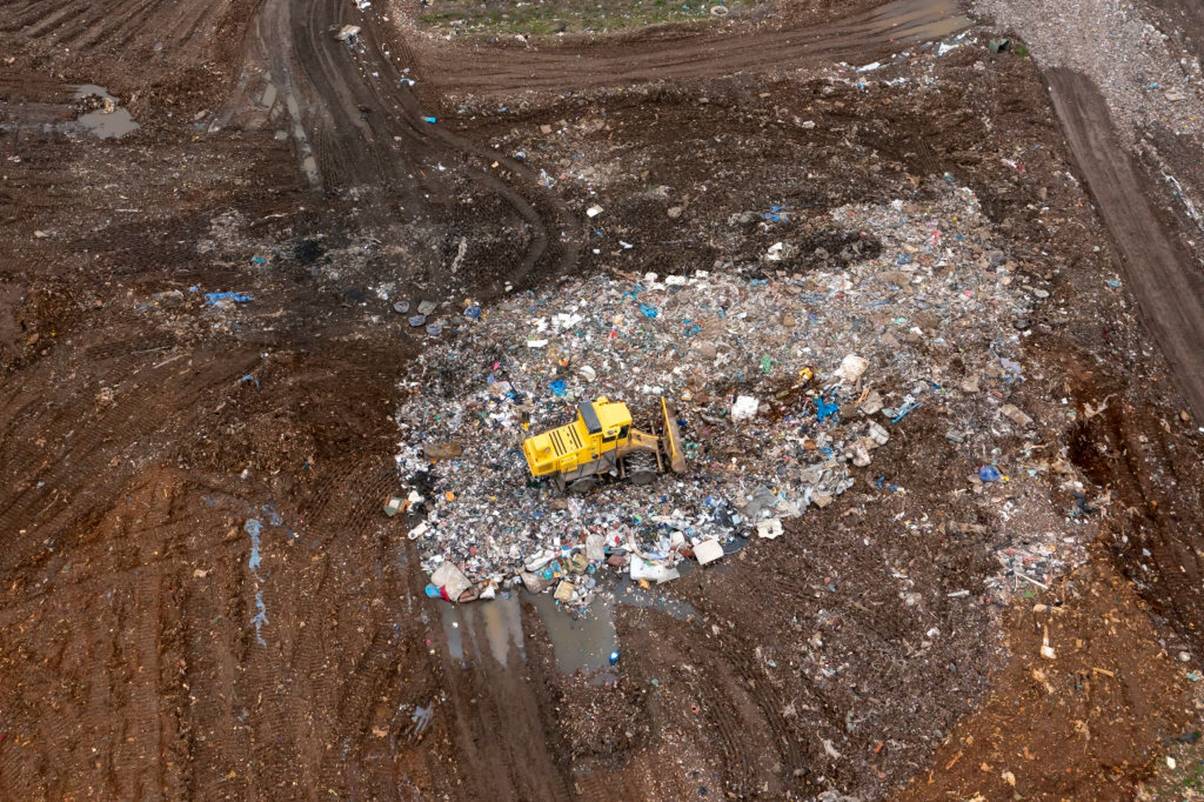
A UK court has denied a man from searching through a dumpsite to find a hard drive containing his fortune.
James Howells launched legal action against Newport city council in south Wales, UK, to grant him permission to search a dump for a lost hard drive containing a huge sum of cryptocurrency.
The computer expert had around $700 million in his bitcoin wallet, stored safely on a hard drive up until 2013 when the hardware and his fortune ended up in landfill.
The 39-year-old said he had put the precious cargo in a black bag amid an office spring clean and had left it in the hallway of his home.
It is believed his then partner thought the bag was trash and took it with her to the dump where she disposed of it.
Mr Howells realized the disastrous error and for more than 10 years had been asking his local authority to help him retrieve it, and even offered to share 25 percent of its eye-watering sums if the council let him dig it out.
Mr Howells told The Guardian in 2021: “I had two identical hard drives and I threw out the wrong one. I have to laugh about it now.”

He argued the search would be far from a ‘needle in a haystack’ situation as trash bins were given serial numbers and buried in landfill with a grid reference number.
Mr Howells and his attorneys explained this meant he could pinpoint roughly where the hard drive was buried, while expert excavators would be able to extract it.
“So if I could access the landfill records I could identify the week that I threw the hard drive away, I could identify the serial number of the bin that it was in, and then I could identify where the grid reference is located,” he said.
Mr Howells even received financial backing from a hedge fund to pay for the search so that the council wouldn’t have to fork out any public funds.
Yet, Newport city council has repeatedly denied his requests, claiming an excavation of the site would break licensing rules and cause environmental damage.

Now, Mr Howells’ decade-long battle to fish out the hard drive, which he said has a ‘good chance’ of still working, has been snubbed by a high court judge who ruled in the council’s favor to strike out the claim, The Guardian reports.
Sitting on Thursday, Judge Keyser KC said there were ‘no reasonable grounds’ for bringing the claim and Mr Howells had ‘no realistic prospect of succeeding’ if the case went to trial.
James Goudie KC, representing the council, argued that the hard drive had become its property when it entered the dump, while environmental permits would not allow any excavations of the site.
The judge also said he accepted his argument and that Mr Howells was not entitled to retrieve it.
Mr Howells has speculated that by 2026, the bitcoins on his missing hard drive could stretch into the billion mark and vowed he would take his case to the supreme court.
Reacting to the decision, Mr Howells said he was ‘very upset’, reports the BBC news.
“This ruling has taken everything from me and left me with nothing. It’s the great British injustice system striking again,” he added.